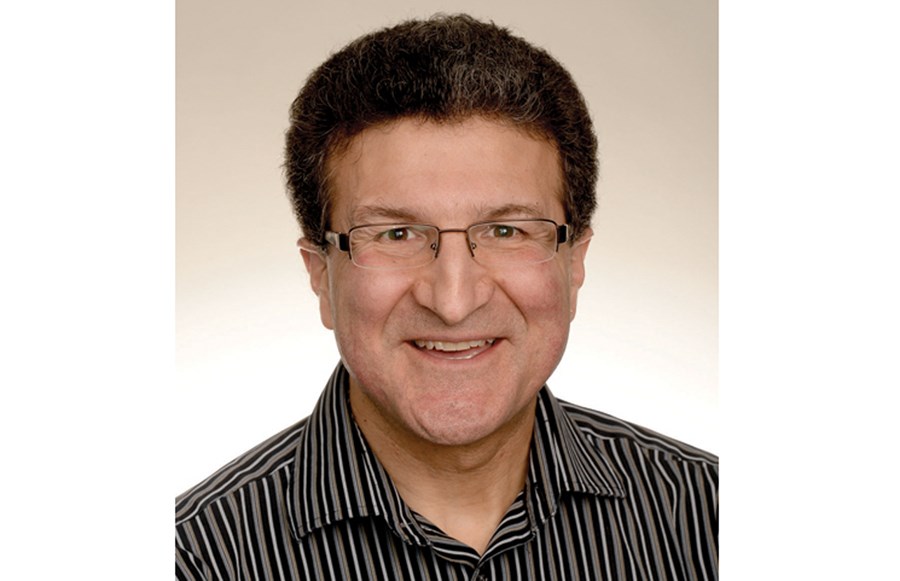I recently watched a video from a group called The Science of Happiness, which stated that one of the greatest contributors to a person's overall happiness is how much gratitude they show.
As an experiment, they had people write letters to others whom they were grateful to and explain why they were grateful. Once this was done, if at all possible, they phoned the person whom they had written to. In each case it proved to be an overwhelmingly positive experience for both parties. The "happiness level" of each person who wrote a letter was tested before and after the experience, and actually increased significantly.
It seems so simple, yet it is so effective. All that we need to do is think of what we are grateful for and our mood changes. One cannot be grateful and angry or negative at the same time.
I have done gratitude exercises with my students, and I have watched the atmosphere in the classroom shift in minutes. The happiest people are indeed those who are most grateful.
What on earth do we have to be grateful for, however? Just take a look around you at this very moment. Do you have food to eat, clothes to wear, a warm room, indoor plumbing, electric lighting?
All of these things are absolute wonders that we so often take for granted. Many of us have somehow gotten into the habit of taking things for granted and complaining, and this is to our detriment.
Modern psychology is beginning to recognize the wisdom of the sages who told us to "be thankful at all times." People who are thankful get along better with others, are more optimistic about the future, report fewer sicknesses and are generally happier people. In studying the lives of happy and successful people, we notice that many of them practice habits of gratitude.
Oprah Winfrey, for example, keeps a gratitude journal in which she writes five things to be thankful for at the end of every day.
Brain science shows it takes roughly 30 days to start a new habit. We can program our brains to constantly give thanks. When we do this, we automatically begin to make ourselves happier.
How do we develop this habit? We develop gratitude routines.
Write in your own gratitude journal. Write letters to people we are grateful for and share them with the people if at all possible. Look around and notice all of the things that you have to be thankful for in any given moment.
Even in the face of challenges look at how that difficulty is helping you to become a better and stronger person. Just before you go to sleep at night look back over your day and consider all of the things that you have to be thankful for. Once the habit of gratitude is established it will be easier to maintain.
I have used Rhonda Byrne's The Magic as a 28 day program in establishing an "attitude of gratitude." There are many other books and programs, however. Find one that suits you, or simply develop your own daily routines.
You will find joy and peace despite your current circumstances, and you will begin to notice amazing things happening in your life.



